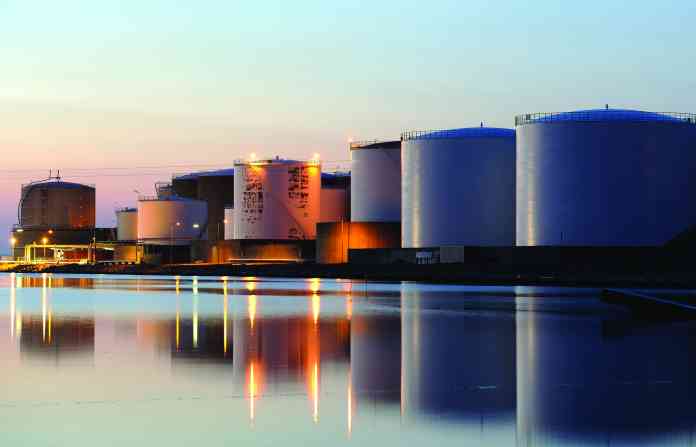
CTB Interview: Nuclear facilities and terrorism
Counter Terror Business (CTB) talks to Duncan Worsell (DW), Assistant Chief Constable of the Civil Nuclear Constabulary, the man responsible for all operational deployments, armed or otherwise, at civil nuclear power stations in the UK
CTB: How does the Civil Nuclear sector work to secure our nuclear facilities from the threat of terrorism?
DW: Each element of the civil nuclear sector must be licensed by the government, and the license holder is termed as the duty-holder, and the overall responsibility and legal accountability for the safety and security of every site falls to its duty-holder. Each duty-holder will have a Nuclear Site Security Plan which, among many other things, will detail the arrangements for deterring, preventing and responding to the threat of terrorism.
The plans are drawn against a postulated threat and where they include a dedicated armed response, they will detail the arrangements for the deployment and activation of the Civil Nuclear Constabulary.
Intelligence and deterrence play a key role in keeping the industry secure, as do the physical security infrastructure, personnel security, and access control arrangements. In the highly unlikely event that these elements are compromised then the Civil Nuclear Constabulary will respond to deny access to and defend nuclear facilities, and to recover control should this ever be necessary.
CTB: The CNC’s mission statement is to defend and protect those sites to which it is deployed, with a specific view to denying unauthorised access to nuclear material. With the cyber threat growing, from both large national threats and lone rangers, how has this objective changed in the last five/ten years?
DW: The primary objective has stayed the same. It is correct to say that the threat has diversified, and it was perhaps the realisation that the terrorist is not only deadly and determined but is also prepared to sacrifice their own life in the name of their cause that directed the most significant change in thinking to address that objective.
The emergence of the cyber threat, like other capabilities that have preceded it, has undoubtedly focused our attention, and it is the blending or mixing of these capabilities in innovative and unpredictable ways that poses the hardest challenge.
The Civil Nuclear Constabulary, like all of the best organisations with a remit to meet the threat of terrorism, must remain vigilant and agile, our response must be effective and robust, and the protection of the public, through safeguarding nuclear material, remains our primary aim.
CTB: Amongst the 2018-2021 CNC priorities is a line stating that ‘maximising the full potential of our new Tactical Training Centre will be key’. Could you expand on why this is the case?
DW: The Griffin Park Tactical Training Centre will become the centre of excellence for all CNC firearms training, it is where our armed police officers will learn and test their skills. Not only will the training for our officers, and therefore their capability become more effective, the nature of the facility is such that we will be able to do this in a much more efficient way, having multiple training areas in use within the same building for concurrent training activities.
CTB: Around the world, nuclear power stations are carefully guarded, but armed police officers are still not common in the UK. How important is training and public engagement in making sure that the CNC retains its role in protecting UK sites?
DW: CNC officers are trained to UK College of Policing (CoP) standards, our facilities, training staff, training content and associated processes are subject to regular and intrusive assurance checks by the CoP and we are fully licensed to conduct our role.
Achieving and maintaining this standard is vital, it assures HM Government, the nuclear regulator, other stakeholders and the general public that the CNC is a fit for purpose organisation and that the service we provide is aligned to the high standards that the public and others expect of any UK policing organisation.
Actively engaging and assuring the public of this is often a challenge, we engage to as greater degree as we can, and we are now making much more use of social media to put our message of professionalism, excellence and reassurance as far and as wide as we are able.
















